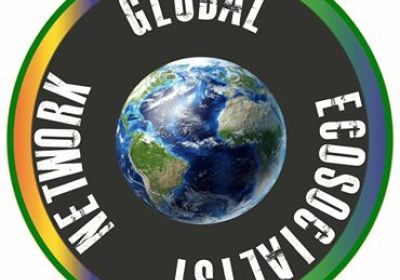
Green Left is pleased to announce the formation of the Global Ecosocialist Network. We encourage all readers to support this important initiative to strengthen ecosocialist collaboration around the world, write Susan Price and Federico Fuentes.

Green Left is pleased to announce the formation of the Global Ecosocialist Network. We encourage all readers to support this important initiative to strengthen ecosocialist collaboration around the world, write Susan Price and Federico Fuentes.
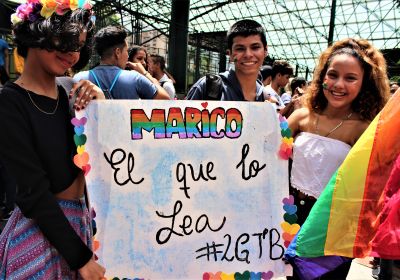
One of the sectors hardest hit by Venezuela's economic crisis is the nation’s LGBTI community. Lacking access to life-saving medicines and denied certain rights, activists say there is still much to be done within the revolution, writes Federico Fuentes.
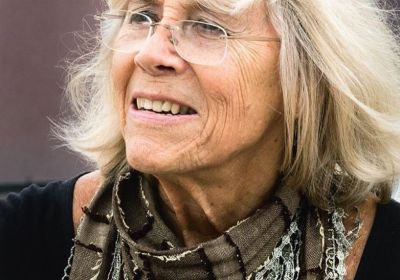
The international left has lost one of its most lucid intellectual, pedagogical educators and determined activists with the passing of Marta Harnecker on June 14, writes Federico Fuentes.
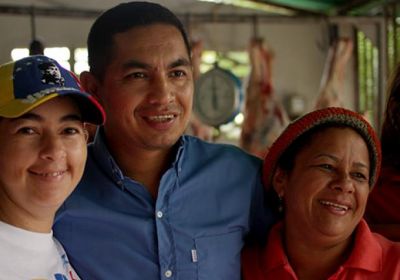
In the midst of Venezuela’s prolonged economic crisis, in which state budgets and support for the governing socialists steadily contract, at least one municipal council is bucking the trend.
The key, according to the local mayor, has been focusing on people’s power and self-management, writes Federico Fuentes.
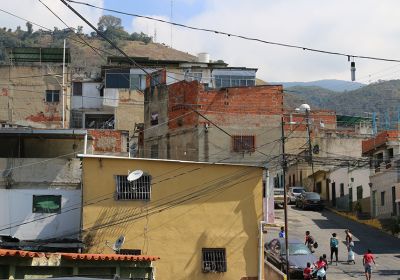
Within hours of Venezuelan opposition leader Juan Guaidó calling for street mobilisations to back his attempted military coup against President Nicolás Maduro on April 30, Guaidó’s supporters had looted and set fire to the headquarters of the Indio Caricuao Commune in south-west Caracas, writes Federico Fuentes.
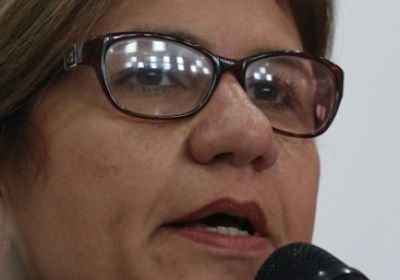
Much is made in the media of Venezuela’s deep economic crisis. But why does Venezuela have the world’s highest inflation rate and what impacts have the sanctions really had on the country? Green Left Weekly’s Federico Fuentes spoke to Venezuelan economist Pascualina Curcio, from the Simón Bolívar University, to find out more.
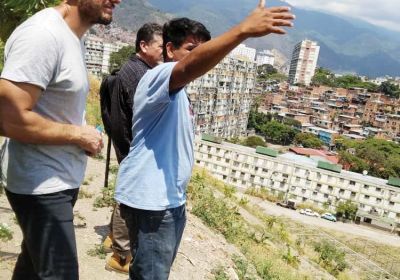
The media calls them armed thugs and US Senator Marco Rubio wants them put on the terrorist list, but who are Venezuela’s colectivos? Green Left Weekly’s Federico Fuentes met with some of them to find out.
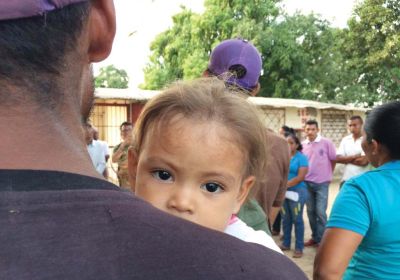
Forget about the right-wing opposition and its self-proclaimed “interim president” Juan Guaidó — the fate of Venezuelan president Nicolas Maduro will be decided by the political movement forged under his predecessor, writes Federico Fuentes.
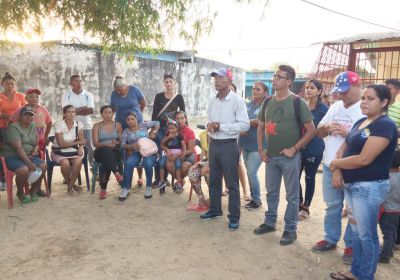
Given the media barrage surrounding Venezuela’s “humanitarian crisis”, recent tensions on the Venezuela-Colombia border, and talks of “military options” and coup attempts, it was hard to know what to expect on returning to the country for the first time in five years, writes Federico Fuentes.

In early March, Green Left Weekly's Federico Fuentes travelled to Venezuela as part of a fact-finding mission. He visited Caracas’s poorer neighbourhoods, rural and border states to hear from those voices deliberated excluded from the media discussion on Venezuela.